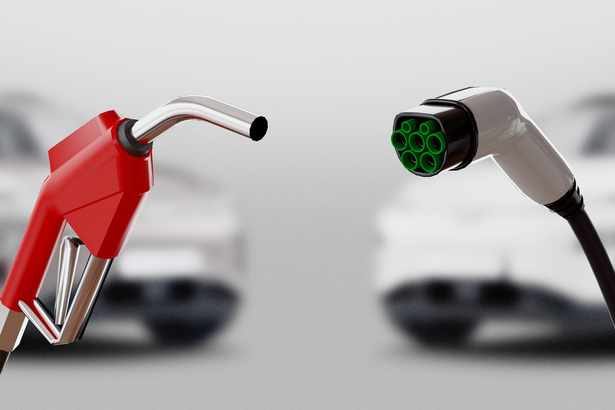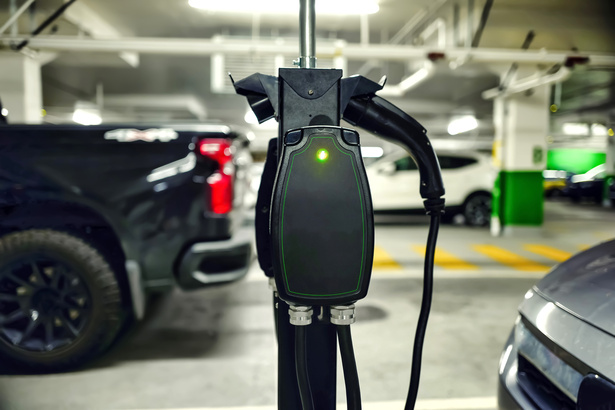Electric vehicles are all the rage right now due to high gas prices, the unpopularity of fossil fuels in the current consumer mindset, and both real and perceived convenience. There's no question that more and more people are turning to electric vehicles over gas, but it presents issues when you live in an apartment. Should you consider one for your next vehicle? While it's worth investigating, don't rush out and buy one right now until you consider whether or not it's right for your living situation. We take a look at the pros and cons.
Pros of Having an EV at Your Apartment

- You Will See Immediate Savings: The average cost of a gallon of gas is still around $4/gallon, so that equates to a ton of money if you have to drive any real distance on a daily basis. EV charging isn't free if you live in an apartment complex, but it's about 60% less than owning a gas-powered car. You'll start seeing the savings immediately, and that's less money out of your pocket on a weekly basis.
- You Won't Have to Find a Gas Station: Having to worry about going out late on a Sunday night in the freezing cold to go fill up your gas tank is no fun, and you certainly won't miss doing that just because you forgot to fill up when you were running errands. Who know, maybe the gas stations near you are closed and you have to find one first thing in the morning before you slog to work.
- You Get a Tax Credit: If you buy an EV after December 31, 2022, the Inflation Reduction Act extends the up to $7,500 EV tax credit for 10 years. Wow. That is fantastic news because you can qualify to get your EV tax credit at the time of purchase on new 2022 and 2023 vehicles. The dealership may not offer it immediately, but you can still request the credit on your taxes.
- You're Making an Impact on the Environment: While you might not be saving the world, and it also takes energy to build an EV (more than you know), you won't be sending carbon monoxide or other harmful emissions into the atmosphere with your EV. You can have peace of mind that most EVs' carbon footprint is quite a bit smaller than an internal combustion engine vehicle.

Don't get left in the dark if your apartment building has no charging stations.
Cons of Owning an EV at Your Apartment

- EVs Cost More: Statistics show that for 2021, the average electric vehicle cost about $10,000 more than a comparable gas-powered car. Of course, unless you pay cash for your car, you're not out of pocket that money right away. Most car buyers get a loan, so you won't see that drain immediately. Just keep in mind that EVs are typically more. You can go cheaper if you get something like the 2022 Nissan Leaf, which now retails for $28,495.
- Your Apartment Might Not Have Charging Stations: Not every apartment complex has EV charging stations, and if they do, maybe it's only a couple of them. We would suggest that you do not buy an EV unless your apartment has them because you might not have enough to get yourself to work the next day. And then you need to find out how many of them are there, whether or not they work, and how many renters also have EVs. It could be stressful to have to get a slot when you need one, and everyone wants to charge theirs after work or they might not be freed up when you need them.
- Charging Times May Be Long: Even if your apartment building has EV charging stations, they might not be DC Fast Charging (Level 3), which means you may have to charge your car for hours before it's ready, and you can't exactly hog the charging station all night long every single night. This means you have to find charging stations at your office or on your commute, which means even more time you need to plan for.
- You Can't Drive Far: EVs are notorious for not being good long-distance cars. So, if you have to do a trip that's longer than 250 miles, you might want to stick with gas. Otherwise, you have to check for charging stations on your drive and ensure that you have enough time to get there with the added charging time. Also, during colder months, your range may drop up to 30 percent, which means you need to plan for that, as well.